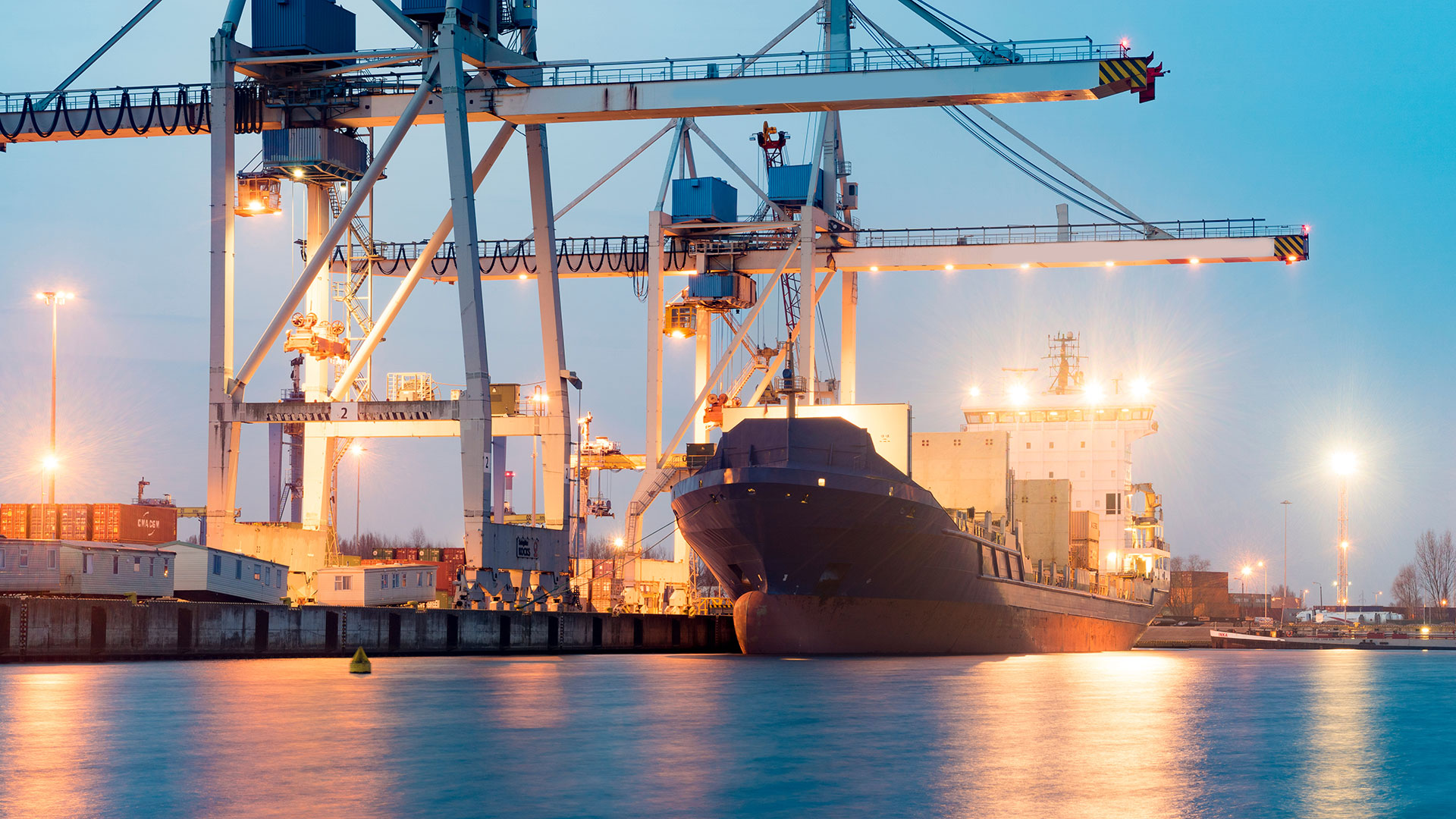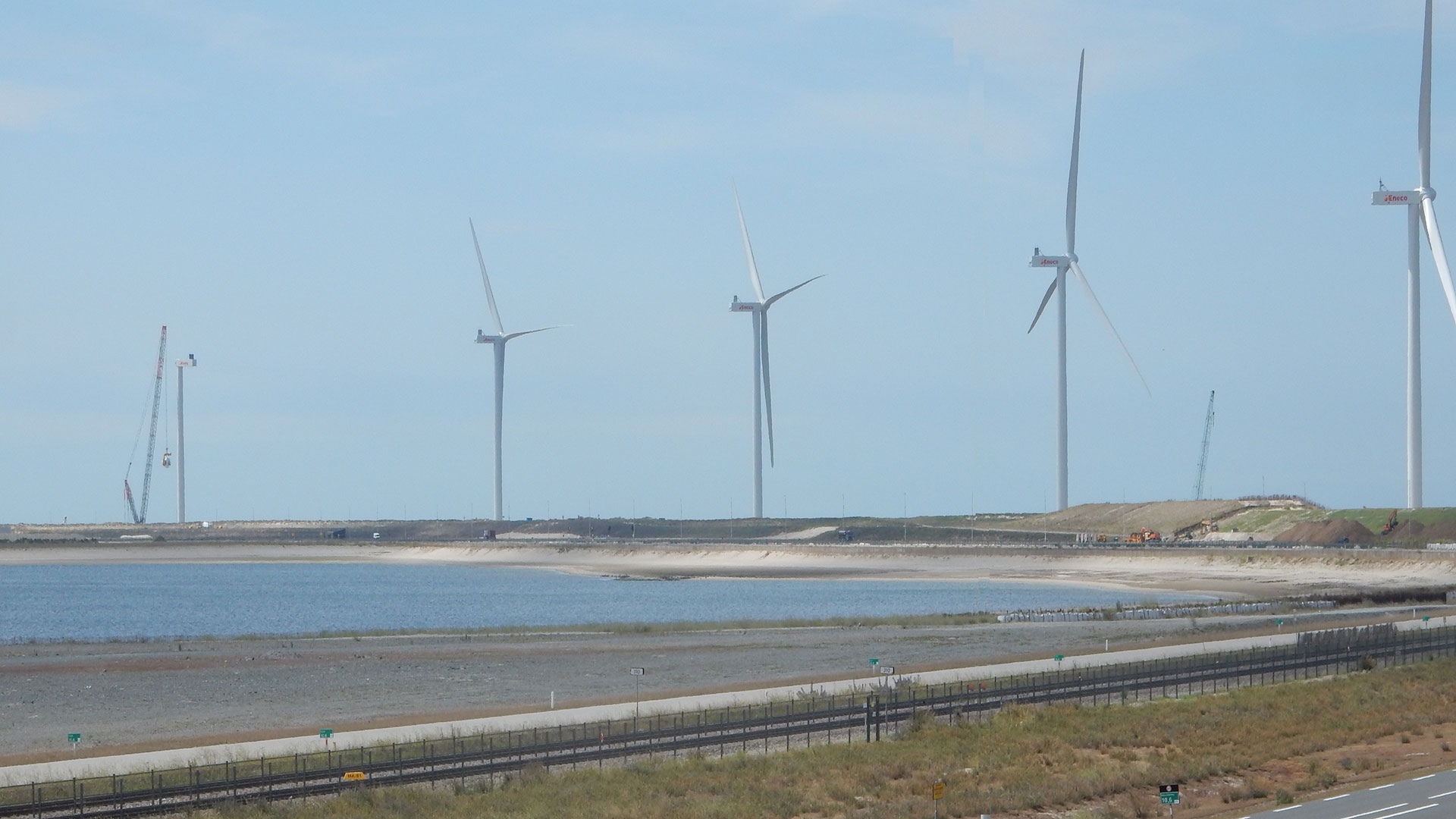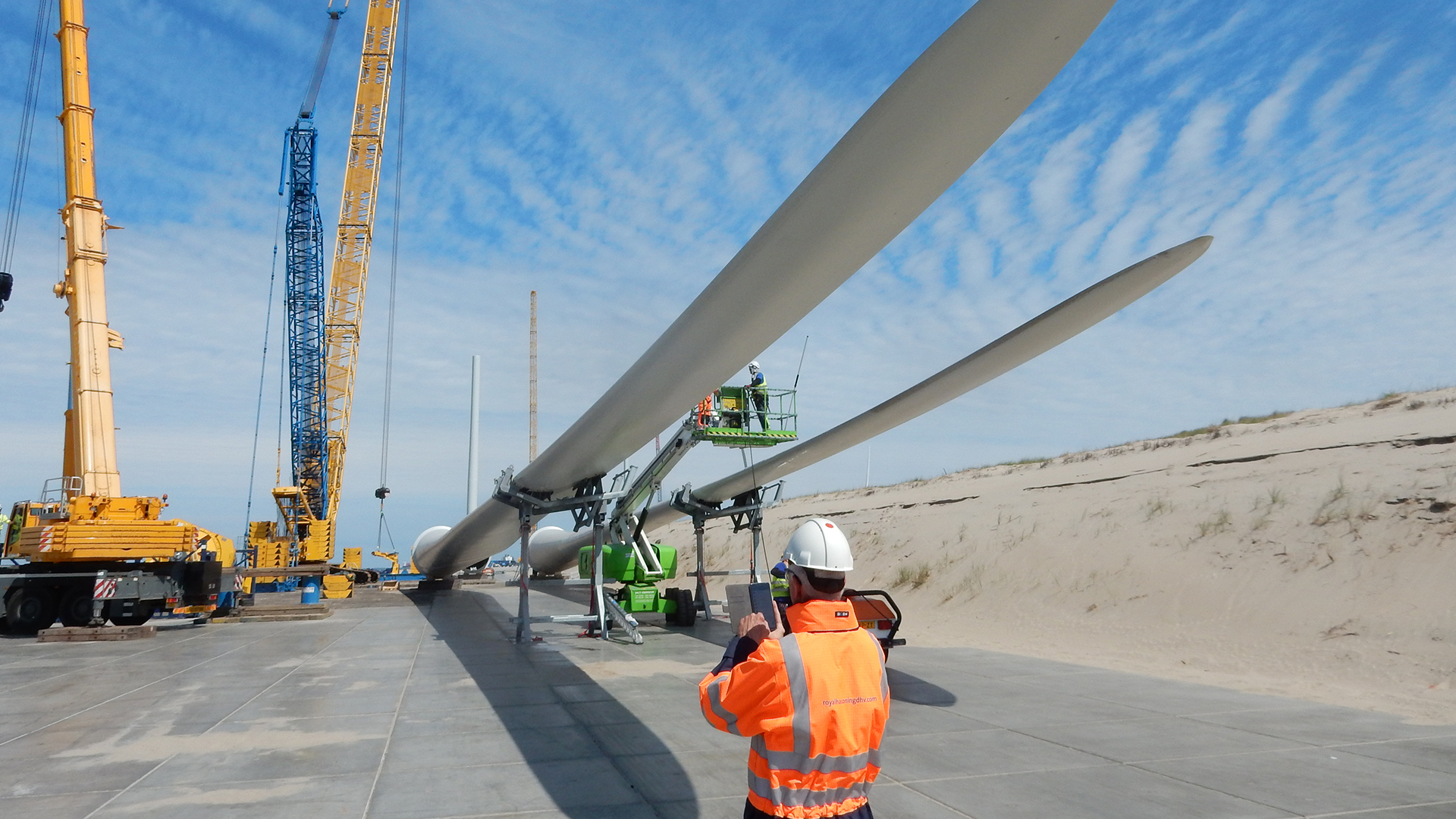Maritime industry trends: net zero, future fuels and community

Key take-aways
New fuels are creating carbon-free alternatives for maritime
Domestic shipping can reduce emissions on roads
Industry-wide collaboration will unlock new opportunities for everyone
Every year, Coastlink brings together port operators, shipping lines, and logistics partners from northern Europe and the UK to discuss the biggest opportunities and challenges facing today’s maritime facilities.
Royal HaskoningDHV’s leaders in Green Port and Smart Port consultancy, Tanya Ferry and Richard Willis, took part with presentations and panel contributions alongside a range of experts from around Europe. They heard how the maritime industry is changing fast – and preparing for that future in four key ways.
Ports tackle the net zero mission
The strongest focus from ports, shipping lines, and logistics operators – indeed, almost every speaker – was on the need to tackle the climate emergency and the role of the maritime industry in pushing towards Net Zero.
Peel Ports, Port of Dover, and others presented ambitious plans for decarbonisation in port operations and facilities. Each has adopted targets ahead of the government policy guidelines, with action plans to electrify and adopt lower-carbon equipment and operating models.
Another key theme was the role of port authorities and operators in supporting renewable energy generation and interchange with marine traffic. With the right investment, infrastructure, and tools ports can become low-carbon energy hubs, as Port of Amsterdam – next year’s event hosts – demonstrated with its ambitious green hydrogen plans.
It's encouraging to see ports prioritise the net zero agenda so strongly. And at Royal HaskoningDHV, we’re also continuing to support our clients with the latest decarbonisation strategies and infrastructure designs.
Electric, methanol, hydrogen – what’s next for vessel fuel?
In the UK at least, the switch to shore power has been slow to take hold. This is largely due to a lack of grid capacity supply into ports – a national infrastructure challenge – and some concerns that OPS installations might become stranded assets if zero-carbon liquid fuel options accelerate.
But every future fuel and power source option has a role to play, as different vessels have their own specific needs. For example, smaller marine craft and those with shorter-distance sailings may be suited to electricity or hydrogen whereas deep-sea traffic requires higher energy-density liquid fuels.
One shipping company embracing alternative fuels is Maersk. It presented its well-publicised plans for e-methanol vessel bunkers, as well as for new feeder vessels plying northern Europe strings, powered entirely without carbon-emitting fuel.
The community remains in flux about which is the fuel of the future, but major shipping line orders for vessel build and conversion will soon set the direction for port infrastructure and bunker operators.
The potential of coastwise domestic shipping
The recruitment crisis in the road transport industry was also on the Coastlink agenda.
Over 50s are the largest age group in Heavy Goods Vehicle (HGV) drivers today. This poses a problem given the UK’s heavy reliance on road haulage for longer-distance transport of port goods from southern coast ports to the midlands and north. But domestic shipping could offer a solution.
By making better use of coastwise shipping between ports, the UK could bring even more deep-sea freight up from main-line port calls in the south – or across from Europe – to northern UK ports, diverting significant freight away from roads.
The focus on cutting carbon emissions means coastal shipping is becoming a more attractive option. However, it would require joined-up scheduling between services and terminal operators, transparency for logistics operations, and reliable and predictable on-time delivery schedules to beneficial cargo owners (BCOs).
Port community collaboration
At an event with so many great colleagues, it was little surprise that collaboration came up as a key tool to address the operational, environmental, and commercial challenges that face the maritime transport industry.
Despite the fierce competition between port and logistic operators, the common challenge of climate change presents opportunities to share experience for everyone’s benefit.
Information is a huge part of that. The conference looked at initiatives for data sharing at the Maritime Data Cluster – hosted by the Port of Tyne – and the potential for further development. Nurturing trust between competing operators could unlock collaboration on mutual problems and objectives, benefiting the whole industry.
Using digital tools and data – especially when you collaborate with others – will help improve your facility and the supply chains it supports.
Expert support for your port, terminal, or shipyard
At Royal HaskoningDHV, our experts are always on hand to support with all the challenges and opportunities that lie ahead for terminals, shipyards, and ports. Find out more about our support for Green Ports and Smart Ports, today – and we’ll see you for the next Coastlink Conference in 2024.




